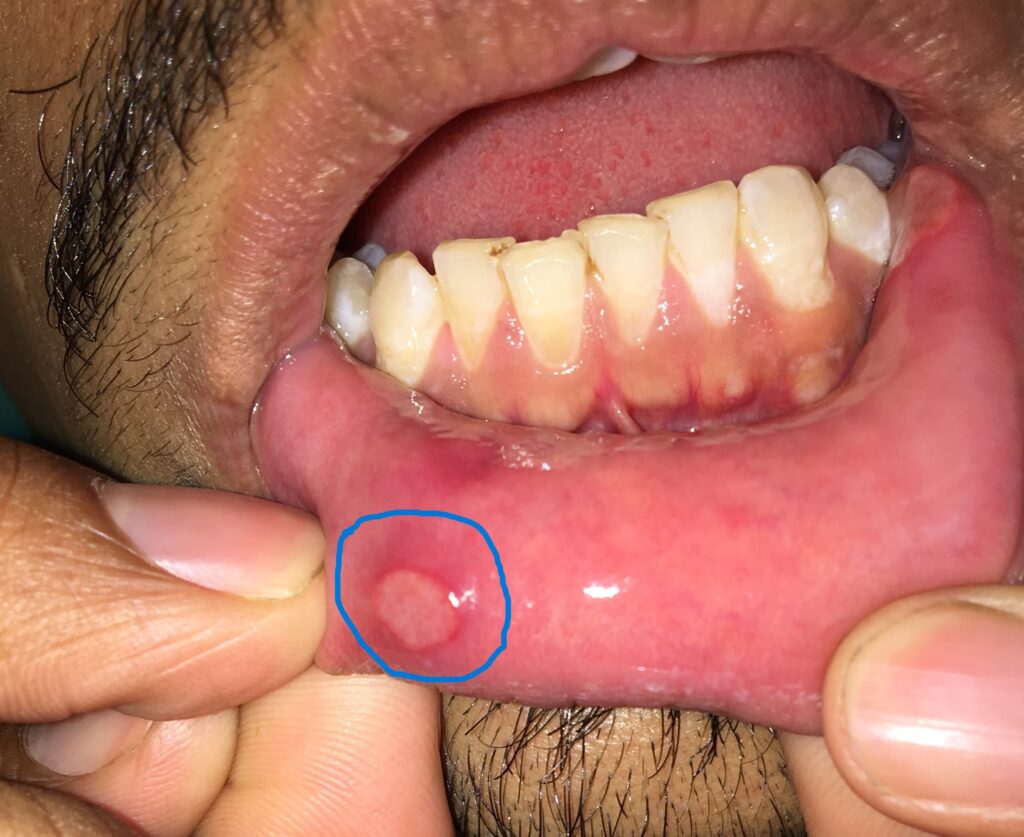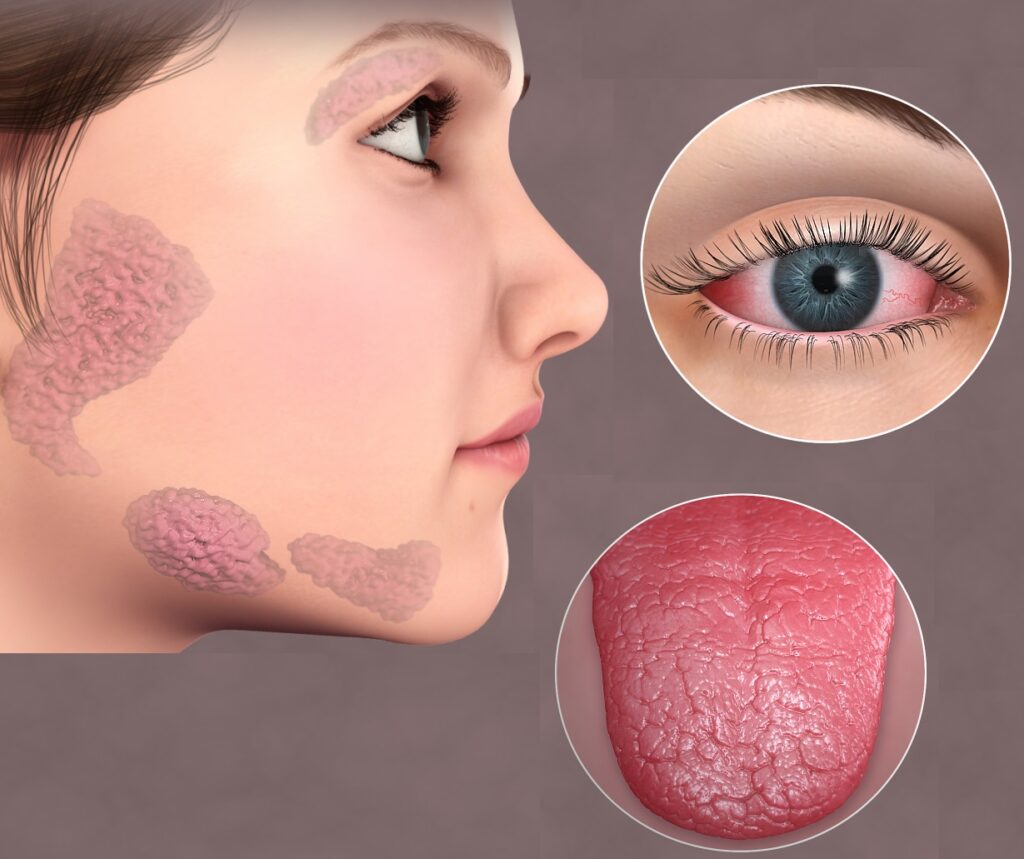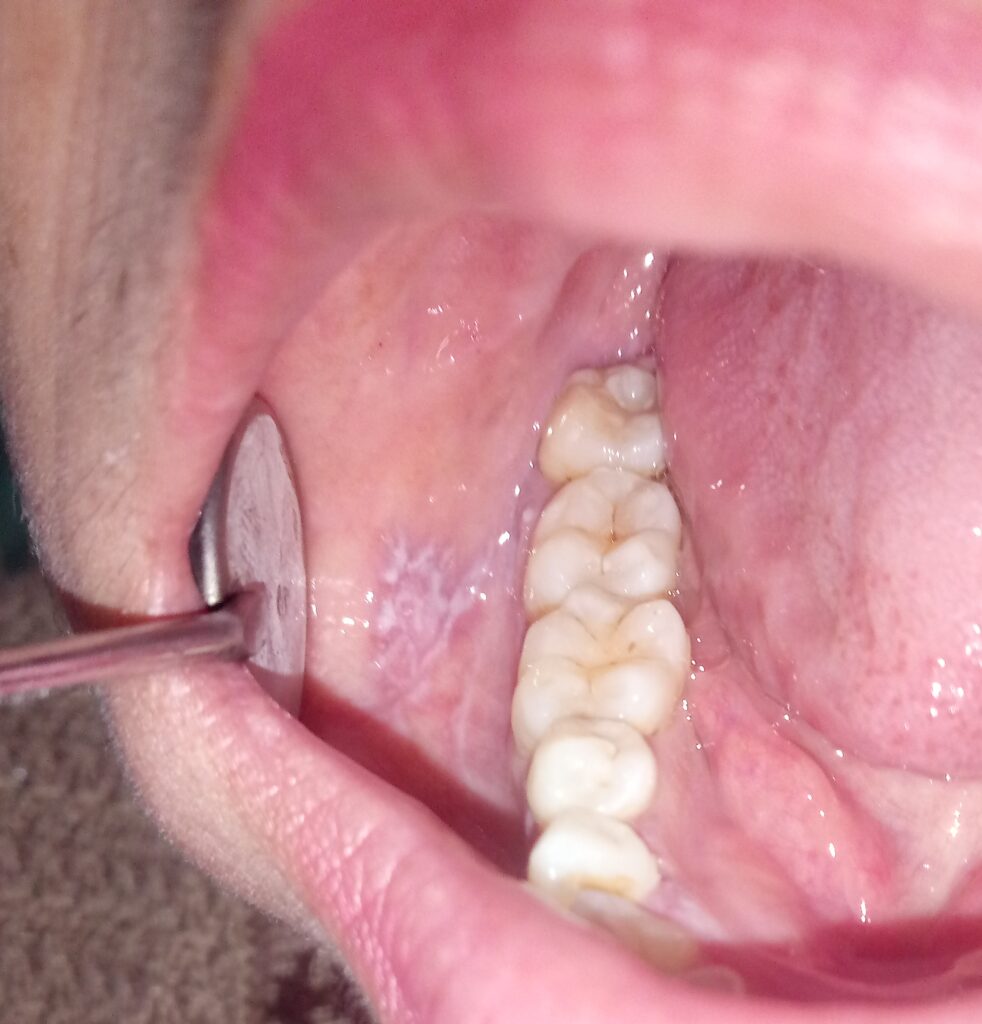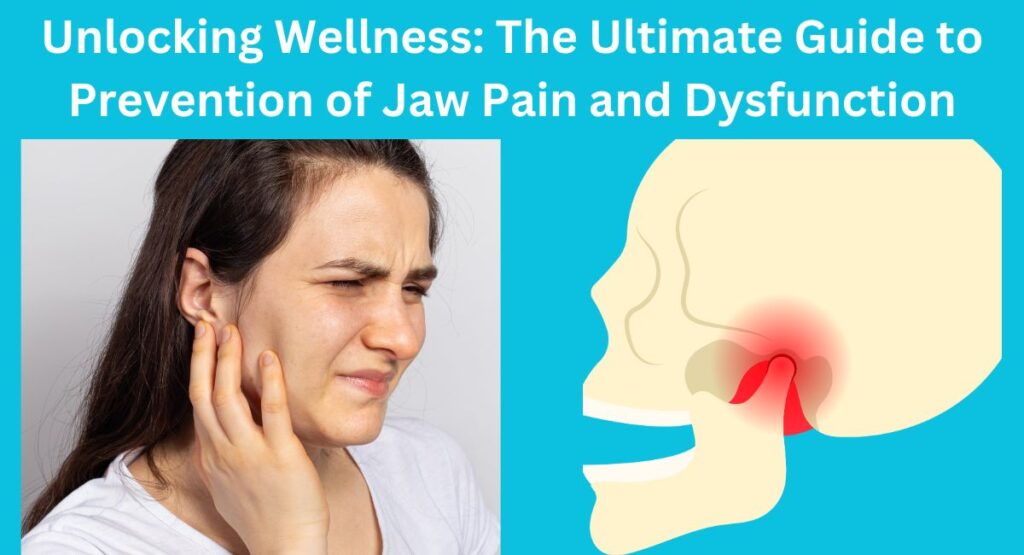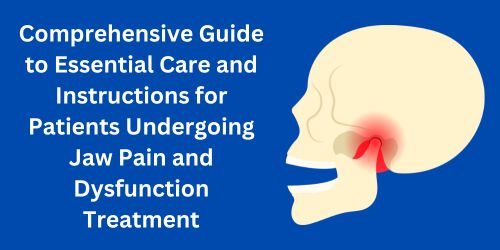
Learn about the causes, remedies, and prevention of bad breath. This comprehensive guide covers everything you need to know about dealing with this common oral issue. Say goodbye to bad breath and hello to fresh confidence!
This post may contain affiliate links which means we may receive a small commission (at no additional cost to you) for purchases made through links. We include products we think are useful for our readers. Learn more on our Disclaimer page.
Introduction
Having bad breath, also known as halitosis, can be an embarrassing and distressing problem that affects many individuals. Whether it’s an occasional issue or a persistent problem, bad breath can negatively impact self-esteem and interpersonal relationships. In this article, we will delve into the different causes of bad breath, explore effective remedies and preventive measures. Let’s tackle bad breath together and regain the confidence to face the world with a fresh and pleasant breath.
Bad Breath: Understanding the Issue
Bad breath is a condition characterized by an unpleasant odor emanating from the mouth. It can result from various factors and may have a significant impact on a person’s social and professional life. To address bad breath effectively, it’s essential to understand its causes and potential treatments.
Causes of Bad Breath
Bad breath, originates from the oral cavity in most of cases. The main causes include poor oral hygiene, gum disease, coated tongue, food stuck between teeth, unclean dentures, faulty dental restorations, and oral cancer or throat infections. Other factors may contribute too, such as systemic illnesses, medications, and diet, but they are less common. Improving oral hygiene and seeking dental care are crucial for combating bad breath. Understanding the root causes of bad breath is crucial to finding an appropriate solution. Here are some common factors contributing to halitosis:
- Poor Oral Hygiene: Inadequate brushing and flossing can lead to the buildup of food particles and bacteria in the mouth, resulting in foul-smelling breath. Neglected cleaning of dental bridges and appliances leads to food debris and plaque buildup, causing bad breath due to bacterial breakdown of residue and sulfur compounds.
- Gum Disease (Gingivitis or Periodontitis): Gum disease, whether in the form of gingivitis or periodontitis, can be a significant cause of bad breath. When the gums become infected due to the buildup of plaque and tartar, the underlying tissues can release noxious odors. The infection causes inflammation and damage to the gums and supporting structures, creating pockets where bacteria can thrive and produce foul-smelling compounds. As the condition progresses, these harmful bacteria can release toxins, leading to further deterioration of the gums and an escalation of bad breath. Moreover, untreated gum disease can result in teeth loosening and eventual tooth loss.
- Dental Issues: Dental issues play a significant role in causing halitosis. Untreated cavities, dental infections, and mouth ulcers create an environment where bacteria thrive, leading to the production of foul-smelling compounds. Crooked teeth can also trap food particles and bacteria, promoting plaque accumulation and contributing to bad breath. In conditions like oral submucous fibrosis, limited mouth opening hinders proper cleaning, facilitating bacterial growth and halitosis. Additionally, partially erupted or mispositioned wisdom teeth can create hard-to-reach areas, making oral hygiene challenging and further contributing to bad breath.
- Bacterial Imbalance: Bacterial imbalance in the mouth can indeed lead to bad breath. The oral cavity harbors a diverse array of bacteria, including beneficial ones that help maintain a healthy environment and harmful ones that contribute to oral health issues. When there is a disruption in the natural balance between these bacterial populations, it can result in the overgrowth of certain types of bacteria that produce foul-smelling compounds, such as volatile sulfur compounds (VSCs). These VSCs are responsible for the unpleasant odor associated with bad breath. Several factors can contribute to this bacterial imbalance, including poor oral hygiene, inadequate saliva flow, certain medications, and lifestyle habits like smoking or excessive alcohol consumption. To restore a healthy bacterial balance in the mouth and combat bad breath, regular brushing, flossing, and tongue cleaning are crucial. Additionally, visiting a dentist for professional cleanings and maintaining a balanced diet can help promote a healthier oral microbiome and minimize halitosis caused by bacterial imbalances.
- Other Local Infections: Bad breath can be caused by various local infections in the upper respiratory system and oral cavity. These infections include sore throat, nasal and sinus infections, tonsillitis, tonsil stones, common cold, flu, oral thrush, and certain viral infections.
- Dental Restorations/Prostheses: Dental fillings and appliances, when worn, dislodged, fractured, or improperly constructed, can create additional hiding spots for plaque and bacteria, leading to unpleasant breath odor. The accumulation of plaque and bacteria in these areas not only causes bad breath but also increases the risk of developing cavities and gum problems. Dental prostheses, such as dentures or bridges, may pose challenges in maintaining proper oral hygiene as they are not easily cleansable and require extra attention.
- Tonsil Stones: Tonsil stones, also known as tonsilloliths, are small, calcified deposits that can develop on the crevices and crypts of the tonsils. These stones are composed of trapped food particles, dead cells, and bacteria, which can accumulate over time and harden into a whitish or yellowish mass. Tonsil stones can emit an unpleasant odor, contributing to halitosis. The foul smell arises as the trapped debris undergoes bacterial decomposition, releasing volatile sulfur compounds (VSCs) that have a strong, offensive scent. While tonsil stones are not always harmful, they can be a source of discomfort and lead to bad breath.
- Dry Mouth (Xerostomia): Saliva plays a vital role in rinsing away food particles and neutralizing acids in the mouth. Dry mouth can cause bad breath as it reduces saliva production. Dry mouth can be caused by various factors, including salivary gland disorders, certain medications, radiotherapy, chemotherapy, chronic alcoholism, dehydration, habitual mouth breathing, and the inadvertent use of mouthwash containing alcohol. As people age, there is a natural decrease in saliva production, leading to dry mouth. Saliva plays a crucial role in cleansing the mouth and neutralizing acids produced by bacteria. When there is insufficient saliva, the mouth’s self-cleaning mechanism is compromised, allowing bacteria to thrive and contribute to bad breath
- Tobacco Use: Smoking or chewing tobacco can leave chemicals in the mouth that contribute to bad breath. These adverse habits harm oral tissues, causing pre-cancerous lesions that trap bacteria and plaque. They also lead to dry mouth, gum disease, and fungal infections, contributing to bad breath. Most importantly, these habits can cause cancer, so it’s crucial to avoid them.
- Certain Foods and Drinks: Certain foods like onions, garlic, spices, radish, cabbage, durian, meat, fish, and cheese leave foul-smelling particles in the mouth. Bacterial rotting of these particles’ releases sulfur compounds, and sulfur is also released through the bloodstream. Protein breakdown releases amino acids, which further produce foul gases and sulfur compounds. Sticky, sugary foods promote plaque and bacterial growth, contributing to bad breath.
- Medical Conditions: Bad breath can be a symptom of various medical conditions, each with its distinct odor. For instance, diabetes may cause a fruity smell, while kidney disorders can lead to uremic breath. Digestive problems, liver diseases, and acid reflux (gastroesophageal reflux disease or GERD) can also contribute to foul breath. Lung disorders like bronchitis are another potential cause. Cancer, whether local or systemic, may directly or indirectly lead to bad odor. Systemic diseases can generate waste products that accumulate in the bloodstream, and others may detect these waste products through bad breath. Maintaining oral hygiene becomes challenging for individuals with Alzheimer’s, dementia, paralysis, or Parkinson’s disease, further exacerbating the problem.
- Medications: Medications can play a significant role in causing bad breath, primarily through their impact on salivary flow and chemical composition. Various medications, such as anti-histamines and anti-allergic drugs used to treat allergies, chemotherapeutics for cancer treatment, and diuretics used to manage high blood pressure and kidney issues, can lead to dry mouth (xerostomia). Dry mouth reduces saliva’s cleansing and antimicrobial properties, creating an environment favorable for bacterial growth and causing halitosis. Additionally, specific medications like triamterene, paraldehyde, and high doses of vitamins may directly contribute to bad breath due to their distinct metabolic effects.
- Inactive Mouth: An inactive mouth, such as in bed-ridden or paralyzed patients, can lead to a host of issues that contribute to bad breath. In these situations, oral tissues, including the tongue, remain immobile for extended periods, reducing their natural cleansing action. Additionally, oral cancer or other oral diseases may restrict the normal activity of oral tissues, further exacerbating the problem. Salivary production is diminished during inactivity, resulting in a dry mouth (xerostomia), which creates an environment conducive to microbial growth. Microbes thrive in the absence of adequate saliva and oxygen supply, leading to the production of volatile sulfur compounds responsible for bad breath. This effect is more pronounced when the mouth remains closed for extended periods, as observed when individuals wake up in the morning with “morning breath.” Proper oral care becomes challenging in inactive mouths, allowing the microbial population to flourish and contribute to halitosis.
- Pregnancy: During pregnancy, halitosis itself is not a direct consequence, but hormonal changes can make pregnant individuals more susceptible to various gum infections, which can contribute to bad breath. The surge in hormones can lead to an increase in blood flow to the gums, causing them to become sensitive and prone to inflammation and infection. This condition, known as pregnancy gingivitis, can result in foul-smelling breath if not properly managed. Moreover, pregnant individuals often experience increased physical, mental, and emotional stress, which can affect their regular oral hygiene maintenance routines. Fatigue or morning sickness may make it challenging to brush and floss as thoroughly as usual.
- Ketosis: Ketosis is a metabolic state that occurs when the body shifts its primary source of energy from carbohydrates to fats. This can happen during a low-carb diet or periods of fasting when the body depletes its glucose stores. In ketosis, the liver produces ketones as an alternative fuel source, which are released into the bloodstream and can also be detected in the breath. Acetone, one of the ketones produced, has a distinct, fruity odor that can lead to bad breath. While ketosis is a natural process and can be beneficial for some individuals, the associated breath odor can be a temporary side effect. Staying well-hydrated and practicing good oral hygiene, including regular brushing and flossing, can help minimize the intensity of ketosis-related bad breath. It’s important to note that ketosis breath should not be confused with chronic bad breath caused by other underlying oral or systemic health issues, which may require further evaluation and treatment by a healthcare professional or dentist.
Signs and Symptoms of Bad Breath
In many cases, individuals with bad breath may not be aware of their condition because their sense of smell becomes accustomed to it over time. Therefore, external feedback from family members or friends is crucial in identifying and addressing bad breath issues.
The signs and symptoms of bad breath include:
- Unpleasant Odor: The most obvious sign is the presence of foul-smelling breath that others may notice when you speak or exhale.
- Poor Oral Hygiene: Inadequate brushing, flossing, and tongue cleaning can allow bacteria to accumulate, leading to bad breath.
- Gum Disease: Chronic gum inflammation and periodontal disease can produce unpleasant odors.
- Dental Issues: Decaying teeth, cavities, and infections in the mouth can contribute to bad breath.
- White or Yellow Coating on the Tongue: A thick coating or film on the back of the tongue can harbor bacteria and produce odors.
- Dry Mouth: Insufficient saliva production can lead to dry mouth, which promotes the growth of odor-causing bacteria.
- Sour or Bitter Taste: You may experience a persistent sour or bitter taste in your mouth, which can accompany bad breath.
- Post-Nasal Drip: Conditions such as sinusitis or allergies can cause mucus to drip down the back of the throat, contributing to bad breath.
- Certain Foods: Foods like garlic, onions, and strong spices can leave lingering odors in the mouth.
- Tobacco Use: Smoking or chewing tobacco can cause a distinct and unpleasant smell in the mouth.
- Medical Conditions: Some underlying health issues, such as respiratory infections, acid reflux, diabetes, liver problems, and kidney disease, can also cause bad breath.
- Cracked Fillings or Dentures: Bacteria can accumulate in dental work that is damaged or ill-fitting.
If you or someone you know experiences persistent bad breath despite maintaining good oral hygiene, it’s essential to consult a dentist or healthcare professional to identify the underlying cause and receive appropriate treatment.
Preventing Bad Breath
Prevention is key to maintaining fresh breath and a healthy mouth. By adopting these preventive measures, you can minimize the chances of experiencing bad breath:
Oral Hygiene Practices
- Brushing: Brush your teeth at least thrice a day, especially after meals and snacks. Use fluoride toothpaste, which has been found effective in combating oral bacteria that cause bad breath.
Fluoride toothpaste
Fluoride toothpaste for Kids
- Flossing: Incorporate flossing into your daily routine, using dental floss to clean between your teeth and along the gum line. Flossing is equally important as brushing as it helps remove plaque and food particles that can contribute to bad breath.
- Tongue Cleaning: Use a tongue brush or scraper to clean your tongue regularly. The tongue can harbor bacteria and debris, contributing to foul breath. Mechanical cleaning of the tongue can help reduce the odor-causing compounds.
Stain-less steel tongue scraper
- Mechanical Measures: We advise against long-term use of anti-bacterial mouthwashes due to the potential risks they pose. Prolonged use can lead to bacterial resistance, alter the natural oral flora, and most importantly, they cannot effectively remove plaque. Instead, mouthwashes should be used judiciously, such as in acute infections, postoperative care, or as recommended by a specialist. Additionally, certain mouthwashes, especially those containing alcohol, can exacerbate dry mouth. Mechanical measures like brushing, flossing, and using a tongue scraper are preferred over chemical solutions, as they have no side effects and are more effective in maintaining oral health. However, a small amount of mouthwash can be used temporarily to freshen breath if desired. Always consult with your dentist or healthcare professional for personalized advice on the appropriate use of mouthwashes and other oral care measures.
Alcohol-free anti-bacterial mouthwash
Alcohol free anti-bacterial mouthwash powered by oxygen
- Rinse and Gargle: After each meal or snack, rinse your mouth with water and gargle your throat. This helps dislodge food particles and bacteria, reducing the chance of bad breath. Regular gargling with water can also help prevent sinus, throat, and flu infections, as well as minimize the formation of food stones in your tonsils.
- Regular Dental Check-ups: Schedule regular dental check-ups and cleanings with your dentist. They can identify any underlying dental issues that may be causing bad breath and provide appropriate treatment.
“Discover the Best Ways to Maintain Healthy Teeth and a Bright Smile – Click to Read More”
Care for Dental Appliances and Bridges
Dental fillings, crowns, and prosthetic appliances are not natural body parts and do not possess the ability to protect themselves from bacteria. They create surfaces that are not easily cleansable, providing additional hiding places for bacteria to thrive. As a result, these restorations and prostheses can contribute to halitosis or bad breath if not properly cared for. To address bad breath related to dental bridges/appliances, it is essential to take extra care of these dental restorations compared to natural teeth. Here are some tips:
- Proper Cleaning: Consult with your dentist to understand the best cleaning techniques for your specific dental work. Using inter-dental or micro brushes can help clean around the restorations and prostheses, reducing the buildup of bacteria and plaque that can lead to bad breath.
Interdental brushes
- Floss and Oral Irrigators: Different types of dental floss and oral irrigators can also be effective in cleaning dental bridges and appliances. Incorporate these tools into your oral hygiene routine to target areas that regular brushing might miss.
Dental floss
Oral irrigator (water floss)
Cord-less water floss
- Check for Issues: Regular dental check-ups are crucial to detect any problems with the dental bridges/appliances. Overhanging margins or faulty prostheses can create areas where food particles and bacteria accumulate, contributing to bad breath.
- Early Detection: Periodic X-rays play a significant role in identifying potential dental issues early, allowing for timely intervention and prevention of bad breath caused by dental problems.
- Removable Dentures Care: If you wear removable dentures, avoid leaving them in your mouth for extended periods, especially during sleeping hours. Removing dentures at night and soaking them in a denture cleaning solution can help maintain oral hygiene and reduce the risk of bad breath.
- Caring for Elderly Loved Ones: Take care of your parents and senior loved ones by ensuring they get regular dental examinations, at least twice a year. Addressing any dental issues promptly can prevent halitosis and promote better overall oral health in older individuals.
By following these care tips, you can maintain the longevity and health of your dental bridges, fillings, and prostheses, ensuring they function properly and minimize the risk of dental problems and halitosis.
Food and Lifestyle
Halitosis, or bad breath, can be influenced by the foods we eat and our lifestyle choices. Making mindful food choices and adopting healthy habits can help prevent and minimize bad breath. Here are some tips:
- Limit Refined Foods: Consuming excessive refined foods can contribute to bacterial proliferation in the mouth, leading to plaque buildup and potential bad breath. Try to reduce the intake of highly processed and sugary foods.
- Avoid Sugary and Sticky Foods: Sugary and sticky foods can stick to the teeth and create an environment conducive to bacterial growth. Limiting the consumption of such foods can help maintain better oral hygiene and fresher breath.
- Minimize Frequent Snacking: Frequent snacking or eating between meals can increase the risk of bad breath. When we eat, saliva production increases, which helps rinse away bacteria and food particles. Limiting snacking gives your mouth more time to recover from the effects of eating.
- Choose Fresh Foods and Fruits: Fresh foods, such as crisp fruits and vegetables like parsley, mint, guavas and apples., can help cleanse the mouth and stimulate saliva production, reducing the chance of bad breath. Incorporate more fresh foods into your diet.
- Onion/Garlic Consumption: While onion and garlic can cause temporary breath odor, avoiding them altogether is not necessary. Instead, consume these pungent foods with your meal to mitigate their impact on breath odor. If you have an important meeting or social event, it’s best to avoid consuming them immediately before, as the odor can linger.
- Avoid Tobacco and Smoking: Steer clear of tobacco products, as they not only cause bad breath but also contribute to various health issues.
- Limit Alcohol and Coffee: These beverages can lead to dehydration and dry mouth, which may worsen bad breath.
- Stay Hydrated: Drinking plenty of water throughout the day helps keep your mouth moist and promotes saliva production. Saliva is essential for neutralizing acids and washing away bacteria, reducing the likelihood of bad breath.
By adopting these dietary and lifestyle practices, you can take proactive steps to prevent halitosis and maintain fresh breath. Combining these measures with good oral hygiene and regular dental care can significantly contribute to better overall oral health and confidence in social interactions.
Remedies for Bad Breath
Bad breath, also known as halitosis, is a common condition that can often be treated effectively with various remedies. However, it is crucial to focus on addressing the underlying cause rather than merely treating the symptoms. Each individual’s case is unique, and a personalized approach to treatment is crucial. Before attempting any remedies, it is vital to consult your oral physician or dentist to determine whether the bad breath originates locally within the mouth or is a symptom of an underlying systemic issue. He/she may refer you to a general physician to rule out any medical conditions that could be causing bad breath. Undergoing the necessary investigations will help uncover any potential unknown diseases that may be contributing to the condition. Tailoring the treatment to the specific causes of your bad breath is paramount in achieving lasting results. While seeking treatment, it is equally important to follow preventive measures, as they not only aid in managing bad breath but also contribute to overall oral and systemic health.
Get the Dental Treatment for Dental Issues
To effectively combat bad breath (halitosis), it is crucial to address underlying dental issues, seeking dental treatment for various concerns to achieve fresh breath and maintain optimal oral health. Professional dental cleaning is the initial step, eliminating plaque, tartar, and bacteria that contribute to bad breath. Treating dental diseases like gum disease or tooth decay is vital in eradicating potential sources of foul odors in the mouth. For those with faulty fillings or prostheses, proper evaluation and replacement with hygienic alternatives are essential to prevent bacteria buildup and persistent bad breath. Reconstructing dental work for better oral hygiene maintenance significantly reduces the risk of halitosis. With appropriate dental treatment, you can tackle oral health problems, leading to fresher breath and overall well-being.
Address Medical Conditions
If a medical condition is causing bad breath, seek appropriate treatment from a healthcare professional. Some systemic health issues, such as respiratory infections, acid reflux, diabetes, liver problems, or kidney disease, can contribute to halitosis. Identifying and treating the underlying medical condition is crucial in effectively managing bad breath. Additionally, certain medications can lead to dry mouth, which can exacerbate bad breath. If you are taking medications that cause dry mouth as a side effect, discuss this concern with your healthcare provider. They may be able to adjust your medication or recommend alternative treatments to alleviate dry mouth and reduce the risk of halitosis. Combining medical treatment with proper dental care and preventive measures offers a holistic approach to combating halitosis and promoting overall well-being.
Dry Mouth
Dry mouth has a significant impact on bad breath and can lead to various health issues, including dental diseases, indigestion, and difficulties in swallowing, speaking, and chewing. Here are some tips to effectively manage dry mouth and alleviate its effects on overall health and well-being:
- Stay Hydrated: Drink plenty of water throughout the day to keep your mouth moist and combat dry mouth symptoms. Regular sips of water can prevent dehydration and promote saliva production.
- Consult Your Oral Physician: If you experience persistent dry mouth, consult your physician to determine if any medical conditions or medications are causing it. Your doctor may investigate further, provide treatment, or adjust medications to alleviate dry mouth.
- Avoid Dry Mouth-Inducing Beverages: Limit or avoid beverages such as alcohol, soda, and coffee, as they can exacerbate dry mouth. Opt for water or non-acidic, sugar-free drinks instead.
- Avoid Alcohol-Containing Mouthwashes: Alcohol-based mouthwashes can worsen dry mouth by dehydrating the mouth and reducing salivary production. Opt for alcohol-free mouthwashes or those specifically formulated for dry mouth relief.
Alcohol free mouthwash for fresh breath
- Saliva Substitutes and Moisturizing Products: After consulting with your dentist, consider using over-the-counter saliva substitutes, oral moisturizing gels, or sprays to alleviate dry mouth symptoms.
Oral rinse for Dry mouth
- Medications/Products to Stimulate Saliva: Depending on the cause of dry mouth, your doctor may prescribe medications that stimulate saliva production. However, the use of these medications should ideally be limited to a short duration, unless advised otherwise or in emergencies. Chewing sugarless gum stimulates saliva production, which can help rinse away bacteria and food particles.
- Fluoride Applications: Your dentist may recommend fluoride applications, either at-home or at the clinic, to protect your teeth from decay caused by reduced saliva production.
By following these tips, you can effectively manage dry mouth, reduce the risk of bad breath, and alleviate associated health issues. Regular consultation with your healthcare and dental professionals is essential to ensure personalized care and treatment.
Pregnancy
Maintaining thorough oral hygiene is crucial for pregnant women to ensure their own well-being and that of their baby. Poor oral hygiene during pregnancy can lead to complications like low birth weight, pre-term delivery, and infections for both the mother and newborn. Pregnant women should focus on mechanical measures for oral care, such as regular brushing (at least thrice daily) and daily flossing, while minimizing the use of chemical measures like antibiotics or antibacterial mouthwashes unless advised by a healthcare professional. By following these guidelines, pregnant women can reduce the risk of bad breath and promote overall oral health for a healthy pregnancy journey.
Keep Your Mouth Active
Maintaining an active mouth is vital in preventing bad breath (halitosis). When our mouth is inactive, microbes become more active, leading to bacterial growth and potential odor. To combat this, intermittently clean your teeth and mouth with your tongue, as tongue movements can help dislodge food particles and stimulate saliva production, which is essential for flushing and moistening the mouth. Drinking plenty of water is another way to cleanse the mouth and neutralize bacterial activity. It’s crucial to note that our mouth becomes inactive during sleep, and saliva production decreases significantly. Therefore, it is essential to clean our teeth just before bedtime to minimize the buildup of bacteria overnight. Throughout the day, keeping your mouth active by sipping water, chewing sugar-free gum, or consuming crisp fruits and vegetables can further promote saliva flow and maintain fresher breath. Adopting these habits contributes to overall oral health and reduces the risk of halitosis.
Oral Probiotics
Oral probiotics are utilized to treat bad breath that remains unresolved by other means or has an idiopathic origin. These probiotics consist of beneficial bacteria that work to restore the balance of the oral microbiome, which could be a contributing factor to persistent bad breath. By reducing the growth of harmful bacteria in the mouth, oral probiotics can lead to improved oral health and fresher breath. It also helps alleviate issues such as tooth decay, gum disease, or other oral health problems. It is important, however, to supplement oral probiotics with ongoing preventive measures such as regular oral hygiene maintenance, as they work best in combination. Consulting with a dental professional is crucial before incorporating oral probiotics into your routine to ensure they are suitable for your specific condition and needs.
Thus, addressing the underlying causes of bad breath is essential for effective treatment. Consulting with dental and medical professionals, maintaining thorough oral hygiene, and adopting lifestyle adjustments can significantly improve breath freshness and overall oral health. By taking a personalized and comprehensive approach to treatment, individuals can regain confidence in their breath and enjoy better well-being.
Chewable oral probiotics for adults
oral probiotics for kids
Toothpaste with oral probiotics
Conclusion
Addressing the root cause of bad breath is paramount, rather than merely treating the symptoms. Dental and medical professionals play a crucial role in identifying the underlying cause and providing appropriate treatment. Even if the cause is non-dental in origin, maintaining good oral hygiene practices is essential as it positively impacts overall oral and general well-being. Beware of advertisements claiming quick fixes with bad breath removal pastes or mouthwashes, as they may only provide temporary relief without addressing the underlying issue. Delaying professional consultation can lead to irreversible damage and worsen the condition. Early intervention by consulting oral health professionals allows for timely diagnosis and proper management, ensuring a healthy and confident life. Prioritizing oral health and seeking expert advice contributes to fresher breath and improved overall health, promoting a happier and more confident lifestyle.
FAQs about Bad Breath
1.What causes morning breath, and how can I eliminate it?
A: Morning breath is often caused by reduced saliva flow during sleep, allowing bacteria to thrive. To minimize morning breath, maintain good oral hygiene before bed and stay hydrated.
2. Can certain medications cause bad breath?
A: Yes, some medications can cause dry mouth, leading to bad breath. If you suspect your medication is causing halitosis, consult your healthcare provider for alternatives.
3. Is bad breath a sign of an underlying health issue?
A: In some cases, bad breath can indicate an underlying health problem, such as respiratory infections or diabetes. If bad breath persists despite improved oral hygiene, seek medical advice.
4. Can natural remedies like apple cider vinegar help with bad breath?
A: While some people claim that apple cider vinegar can help combat bad breath, there is limited scientific evidence to support this. It’s best to focus on established oral hygiene practices.
5. Can stress and anxiety contribute to bad breath?
A: Yes, stress and anxiety can cause dry mouth, leading to bad breath. Managing stress through relaxation techniques may help alleviate this issue.
6. How can I tell someone they have bad breath without causing offense?
A: Tactfully approach the topic by expressing concern for their well-being. Suggesting that you both chew sugarless gum or use mouthwash together can make it less awkward.


